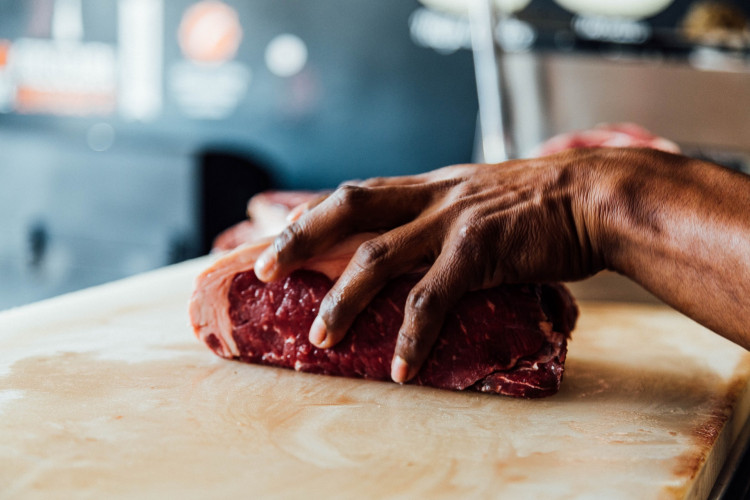Demand for meat has grown internationally, and while U.S. consumers scour the grocery aisle for choice cuts, meat prices are recording some of the highest inflation rates across the country.
According to the latest Consumer Price Index from the Bureau of Labor Statistics, meat, poultry, and fish were 11.9% more expensive in October than the previous year. Inflation has had the greatest impact on beef prices, which have climbed by 20.1%, while pork prices have increased by 14.1%.
As you might expect, slaughtering animals and processing meat for human consumption is a difficult task in normal circumstances. It was dangerous labor during the pandemic. The coronavirus infected at least 59,000 meatpacking workers and killed 250 people, according to a House of Representatives investigation.
"It's been increasingly challenging for these industries to attract a labor force that's consistent," Derrell Peel, a professor in agricultural economics at Oklahoma State University, told KTLA. "There's lots of turnover, which also raises costs."
In general, the cost of doing business has increased this year. The cost of fertilizer, which the U.S. imports in large quantities from China, has risen, making corn production more expensive. Feeding animals becomes more expensive as corn prices rise.
Meanwhile, global demand for meat has increased. The U.S. exported a record amount of pork last year, with China being the top importer. Consumers in the United States are still looking for meat at the grocery store; the difference is that they are now experiencing sticker shock.
To alleviate supply chain bottlenecks, President Joe Biden announced last month that the Port of Los Angeles would be open 24 hours a day, seven days a week. Importers such as Walmart, FedEx, and UPS have stated that they will operate at the port for longer hours.
At a press conference on Nov. 3, Federal Reserve Chair Jerome Powell said the central bank would use its "tool to preserve price stability" if it saw "signs of the path of inflation, or longer-term inflation expectations, moving materially and persistently beyond levels constant with our goals."
As the holiday season approaches, meat producers are raising prices and curtailing discounts to offset rising packaging, labor, and transportation expenses.
Price increases on meat and other grocery store staples, according to some economists, may force customers to make changes and pose a threat to supermarkets, but only time will tell.
Powell has stated several times that high inflation is just "transitory," blaming supply chain problems.






